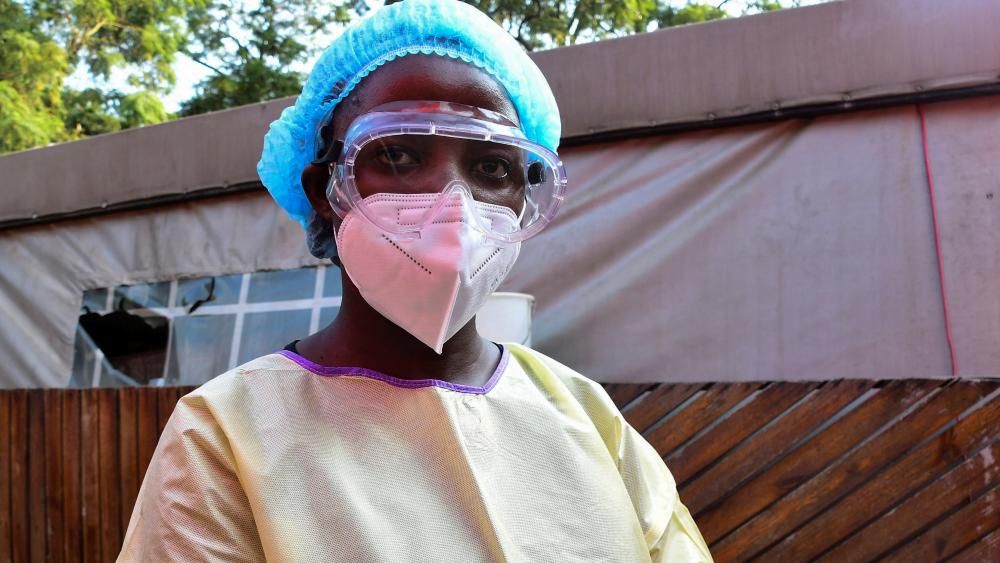Uganda Faces New Ebola Outbreak Amid Growing Vaccine Hesitancy Crisis
Uganda is once again battling a deadly Ebola outbreak, with health officials racing to contain the virus while also confronting widespread vaccine hesitancy. The outbreak, which has raised alarms both nationally and internationally, highlights the ongoing challenges of epidemic response in regions where public trust in vaccines remains low.
Ebola Resurgence Poses Major Public Health Threat
The latest outbreak of Ebola in Uganda has sparked urgent containment efforts as health authorities work to prevent widespread transmission. The virus, known for its high fatality rate and rapid spread through bodily fluids, poses a severe risk to communities, particularly in densely populated areas.
Ugandan health officials have mobilized medical teams to affected regions, deploying contact tracing measures, quarantine protocols, and public awareness campaigns. However, the response faces significant obstacles, including logistical challenges, misinformation, and vaccine skepticism among the population.
Vaccine Hesitancy Complicates Outbreak Response
One of the biggest hurdles in controlling the outbreak is the growing resistance to Ebola vaccines. Despite the availability of effective vaccines, many Ugandans remain hesitant due to fears, misinformation, and distrust in medical interventions. Conspiracy theories, religious beliefs, and past concerns about vaccine side effects have fueled reluctance, making it difficult for health workers to achieve widespread immunization coverage.
Experts warn that without increased vaccination rates, the outbreak could escalate, leading to a higher death toll and prolonged containment efforts. Public health officials are working to counter misinformation through community engagement, education programs, and outreach initiatives aimed at increasing vaccine acceptance.
Government and International Response Efforts
The Ugandan government, in collaboration with global health organizations such as the World Health Organization (WHO) and the Centers for Disease Control and Prevention (CDC), is ramping up efforts to curb the outbreak. Emergency response teams are being deployed to affected regions, while vaccination campaigns and treatment facilities are being expanded.
International aid is also playing a crucial role, with medical supplies, funding, and personnel being sent to support Uganda’s containment measures. However, experts stress that overcoming vaccine hesitancy is just as critical as providing medical resources. Without public cooperation, efforts to curb the virus may fall short.
The Ongoing Fight Against Ebola in Africa
This latest outbreak is a stark reminder of the recurring threat of Ebola in Africa, where previous epidemics have claimed thousands of lives. While medical advancements have improved survival rates, public health challenges such as vaccine hesitancy, inadequate healthcare infrastructure, and delayed responses continue to hinder outbreak containment.
Health officials urge swift action to curb the spread before the situation worsens. By addressing misinformation, improving vaccine accessibility, and strengthening healthcare systems, Uganda and its global partners hope to prevent another devastating epidemic.
Source : Swifteradio.com


